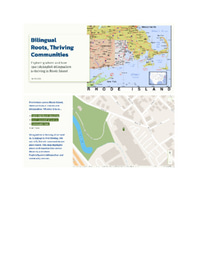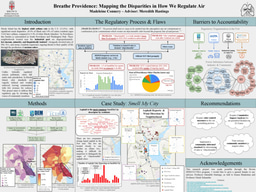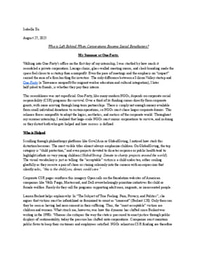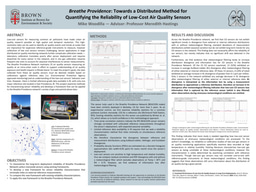
This summer, my research explored the profound impact of the COVID-19 pandemic on the Chinese education system and students' mental health. My project aimed to understand both the psychological challenges students faced and the broader structural impacts on education. By combining insights from questionnaires focused on mental health with interviews examining the educational disruptions, I sought to capture the multi-dimensional effects of the pandemic on students and their educational environment.
As part of my field study, I traveled to Beijing, China, where I conducted engaged-research using two approaches: questionnaires and literature review on mental health, and 1:1 interviews centered on the educational impacts of COVID-19.
For the mental health component, I examined the result of a pre-test of 103 questionnaires to university students at H University, ultimately collecting 100 valid responses after excluding incomplete and duplicate entries. The finalized questionnaire demonstrated a high reliability score of 0.953 and a KMO value of 0.856, both exceeding the standard threshold of 0.75. The survey revealed that during the pandemic, 49.4% of students felt that the main goal of mental health education should be practical support to address immediate psychological concerns. In terms of course objectives, 46.4% prioritized immediate psychological issue resolution over other focus areas, while 40.6% expressed a preference for management policies aimed at the prevention and alleviation of mental illness. Additionally, 47.4% of respondents wanted mental health services to directly tackle psychological distress. This widespread desire for practical solutions over resilience-building—ranked the lowest across all categories, with less than 30% support—underscores students' focus on short-term relief rather than long-term psychological resilience, highlighting a critical gap in current mental health education.
In addition to the questionnaire data, I conducted 18 interviews with individuals from four different educational institutions, including 11 students, 5 teachers, and 2 parents. These interviews focused on the educational challenges posed by the pandemic, such as school closures, the shift to online learning, and resulting inequalities. Findings revealed that students from less privileged backgrounds faced significant setbacks, with limited access to resources for remote learning intensifying educational disparities. Financial pressures further affected families’ ability to invest in their children’s education, while budget cuts at schools led to reduced resources, teacher support, and infrastructure investments, ultimately impacting the quality of education for all students. These cascading effects underscored the pandemic’s long-lasting implications for educational equity and access.
This project represents a journey into understanding the ethical and cultural underpinnings that may drive behaviors in Chinese society. By examining first-hand accounts and philosophical/psychological analyses, I set out to uncover people's response to the shared crisis of COVID-19. Growing up in Beijing for the first 18 years of my life and continuing my studies in the United States, I approached this project with a unique cross-cultural and bilingual perspective. My role as an investigator—not simply a member—within my home community offered a new lens to both analyze and understand my own background. This approach not only helped me to deepen my own understanding of the culture I grew up in but also facilitated a way to contribute meaningfully to my community by capturing and preserving diverse perspectives.
One of the core leadership learnings from this project was recognizing the importance of cultural sensitivity and open-minded inquiry. Interviewing individuals from various socioeconomic backgrounds and institutions required careful listening and an unbiased approach, especially when discussing deeply personal reactions to a crisis. This experience strengthened my skills in empathetic communication and collaborative research, essential qualities for any leader working across diverse cultures and disciplines. To ensure sustainability, I plan to incorporate my findings into academic settings by sharing insights with peers, professors, and community members interested in Chinese philosophy, cultural behavior, and crisis response. Additionally, I hope to expand on this research in future studies, potentially examining other crises or contexts to see if similar patterns emerge.
Reflecting on this journey, I feel incredibly grateful for the support and opportunities provided by the Laidlaw Scholarship. This year-long program has not only made my research possible but has also enriched my understanding through valuable interactions with mentors, peers, and interviewees. I've gained insight into the complexities of the pandemic and its impact on society, as well as the nuances of conducting cross-cultural research. The program has allowed me to deepen my academic curiosity, develop practical research skills, and connect with like-minded individuals from diverse backgrounds. I look forward to building upon these experiences in future projects and am deeply appreciative of the Laidlaw Foundation for empowering me to pursue this meaningful work.




Please sign in
If you are a registered user on Laidlaw Scholars Network, please sign in